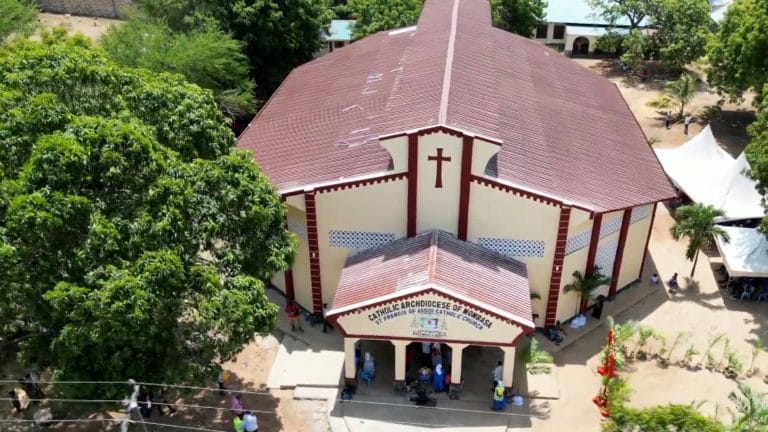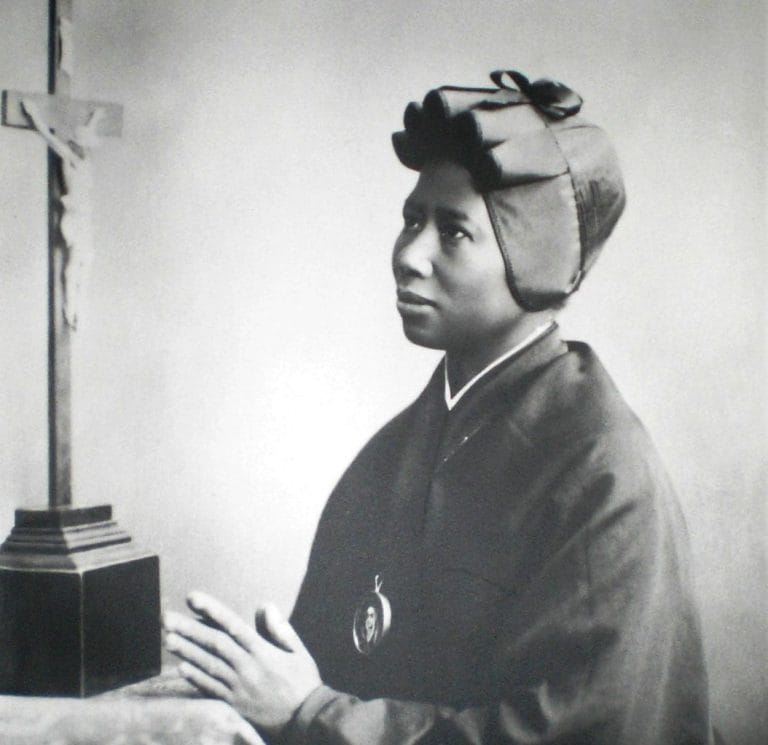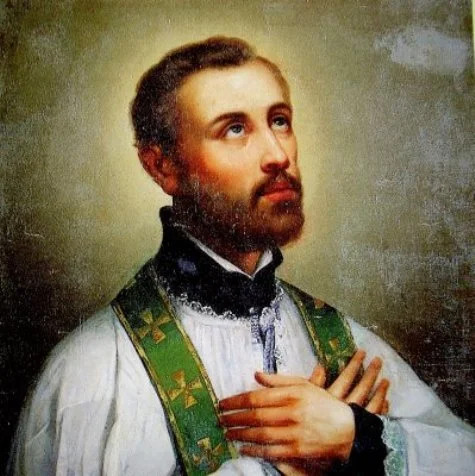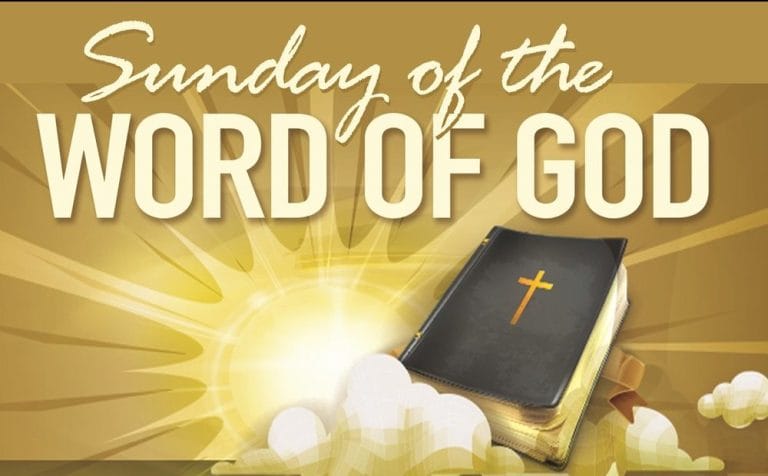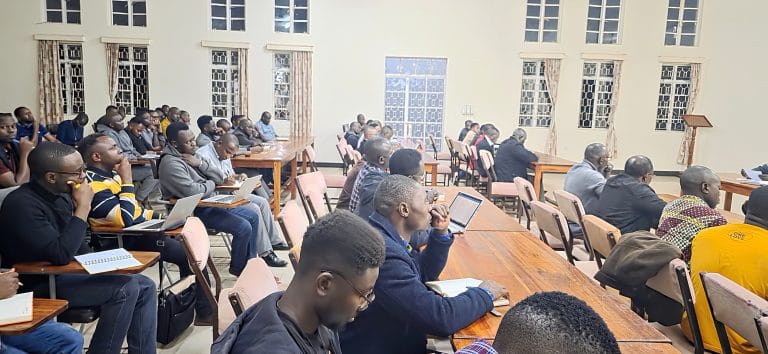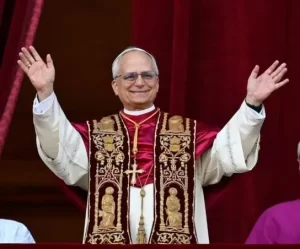
In a moment that captured the world’s attention, Robert Francis Prevost — an American-born priest with deep Latin American roots — emerged as Pope Leo XIV, the new leader of the Roman Catholic Church. His election marks not just a new chapter for the Vatican, but a symbol of the changing face of Catholicism in the 21st century.
From Chicago to Chiclayo: His Journey of Faith
Born in 1955 in Chicago, USA, Robert Prevost’s path to the papacy was anything but ordinary. After joining the Augustinian Order, he dedicated much of his life to missionary work in Peru, serving the people in remote regions with humility and compassion. His work among the poor and marginalized shaped him into a leader deeply connected to the struggles of the global south.
His rise within the Church was steady but not without distinction — appointed as the Bishop of Chiclayo, later serving as the Prefect of the Dicastery for Bishops in Rome, where he played a key role in selecting bishops across the world. That position quietly made him one of the most influential figures in shaping the Church’s future leadership — a sign that many now see as preparation for this highest office.
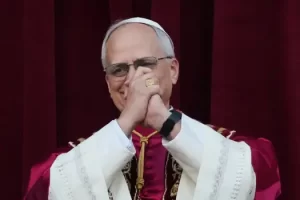
Why Leo XIV?
In choosing the name Leo XIV, the new Pope nods to history. Many analysts see echoes of Pope Leo XIII, the great reformer who in 1891 issued Rerum Novarum, the groundbreaking document on workers’ rights and social justice. Will Leo XIV chart a similar course — tackling modern inequalities, speaking out on global poverty, and championing human dignity?
while the name signals strength, courage, and a commitment to engage with the pressing challenges of our time, from climate change to political conflicts, it remains to be seen of how influential he will be in the near future.
If his past leadership is any guide, Pope Leo XIV is expected to focus on three major themes: reform, unity, and synodality.
-
Reform: As Prefect of Bishops, he was known for promoting pastoral, approachable leaders rather than career bureaucrats. Expect him to continue curia reforms that Pope Francis began.
-
Unity: In a Church often divided between traditionalists and progressives, Leo XIV is seen as a bridge-builder — firm in doctrine but open in dialogue.
-
A Listening Church: His years in Latin America, among ordinary people, taught him the value of listening. He is expected to push forward the synodal path — encouraging local churches, including those in Africa and Asia, to have a stronger voice.
Challenges Ahead for Pope Leo XIV
-
Internal Divisions: Tensions between conservative and progressive Catholics have never been sharper. Issues like LGBTQ inclusion, women’s roles, and clerical celibacy are simmering debates he must navigate.
-
Geopolitical Tensions: From the wars in Ukraine and the Middle East to complex relations with China, and the latest india and pakistan war,the new Pope inherits a world on the brink of war
-
Youth Disengagement: In places like Europe and North America, Catholic youth are walking away from faith. Can Pope Leo XIV reignite their spirit? can he bring back the lost youthfulness of the church by the youth.
-
The African and Global South Church: With Catholicism booming in Africa, Latin America, and Asia, his leadership will be judged by how he empowers these regions and make them feel like they belong rather than centralizing power in Rome.
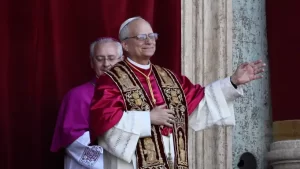
For the rapidly growing Catholic population in Africa, Pope Leo XIV offers hope. His background in the global south suggests he understands the hunger for social justice, better leadership, and recognition that African voices matter.
Its expected for him to strengthen ties with African bishops, push for more African cardinals in the Vatican, and champion issues affecting the continent — poverty, migration, youth unemployment, and peace.
A Pope of the People?
Early signs suggest Pope Leo XIV will walk the path of humility. In his first public address, he called for “a Church that walks with its people, listens before it teaches, and serves before it commands.”
A powerful quote already making rounds:
“We are not princes but shepherds. The sheep do not belong to us; they belong to Christ.”
A New Era Begins
Pope Leo XIV steps onto the world stage at a moment of both crisis and opportunity. For 1.3 billion Catholics — from “baba dogo” a slum in Nairobi to West Garfield Park a street in Chicago — his papacy represents a chance for renewal, healing, and new energy.
Will he succeed in uniting a divided Church, reforming old structures, and giving voice to the silent? Only time will tell. But for now, the world watches as this American-born, Latin-hearted Pope begins his historic mission. Truly “habemus papam”


